Dr Heloise Stevence: Research Fellow of the University of Auckland
Date: 2.00pm Sunday, 27 February 2022
Venue: Hawke’s Bay Holt Planetarium, Chambers Street, Napier
Admission: Gold coin donation
Now, Heloise’s lecture is available in YouTube, click here.

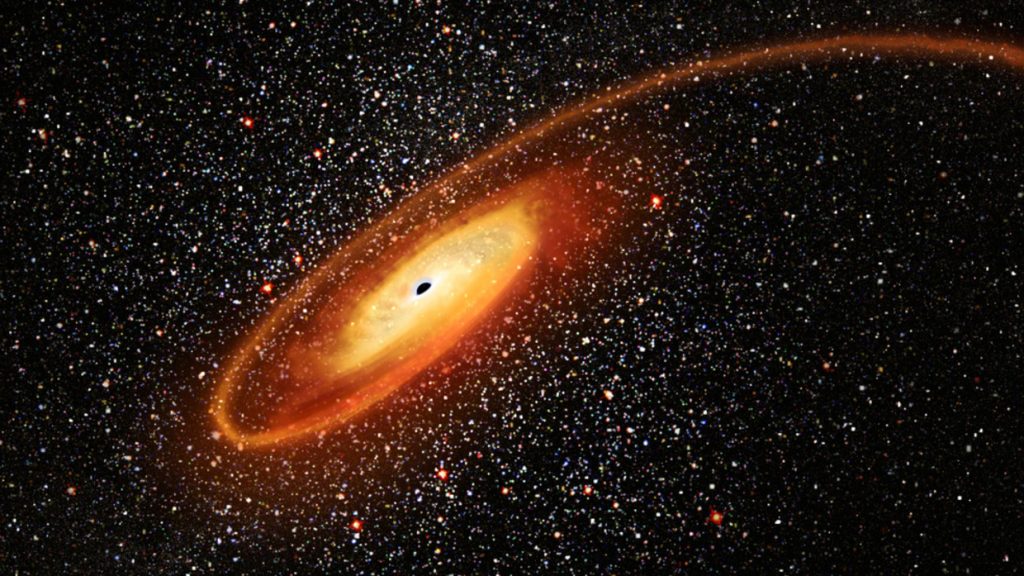
Source: https://www.rt.com/news/492754-space-time-ripples-black-holes/
What happens when the densest objects in the universe collide at half the speed of light? It starts with a stretch of a wobble in the fabric of spacetime, and sometime sends in cosmic explosions that create some of the rarest and shiniest elements in the Universe. Together we’ll learn how some of the most massive stars in the cosmos live and die with bang, to create the black hole and neutron star mergers we can “hear” colliding a hundred million light years away. This 45 minute “lecture” will combine cutting edge science and wacky humour to make the mysteries of merging black holes and neutron stars accessible to all ages and backgrounds.

Source: https://www.rasnz.org.nz/rasnz/beatrice-hill-tinsley-lectures
Dr Heloise Stevence is an energetic, enthusiastic, educational and entertaining speaker well able to reach out to audiences of all ages and levels. Heloise, born and raised in France, moved to the UK to study Physics and Astronomy at the University of Sheffield. After working as a support astronomer at the Isaac Newton Group in La Palma for a year, she obtained her Masters of Physics in 2015 and subsequently started a PhD studying the 3D shape of Core Collapse Supernovae. She completed her PhD in 2019 and joined the University of Auckland as a Research Fellow to research the evolution of massive stars to better understand how they die and produce Supernovae and Kilonovae.
Royal Astronomical Society of New Zealand

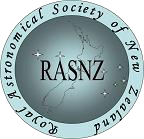
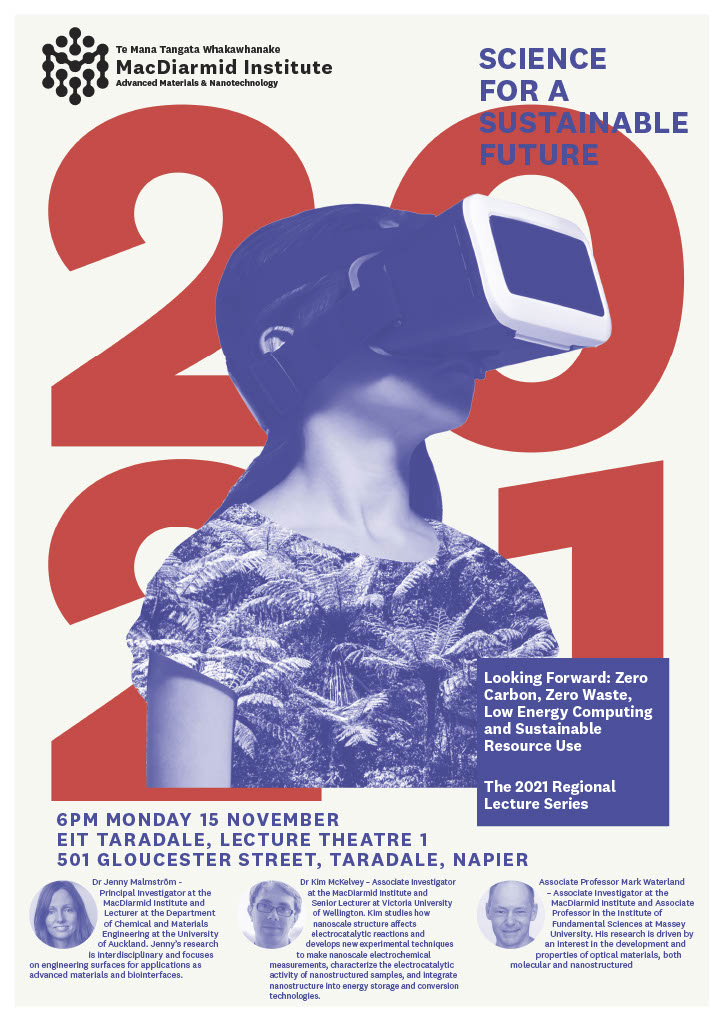
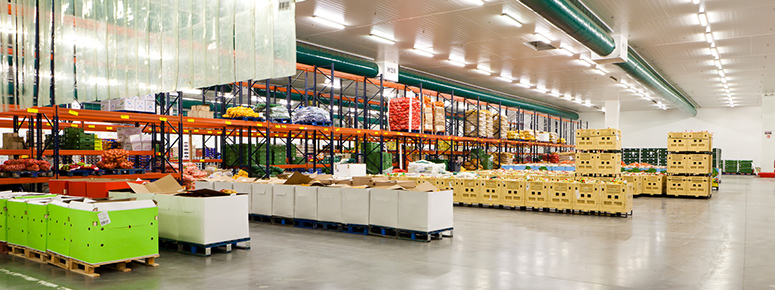
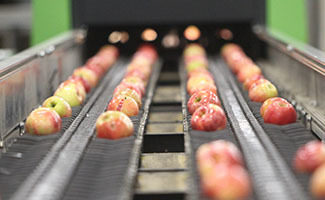
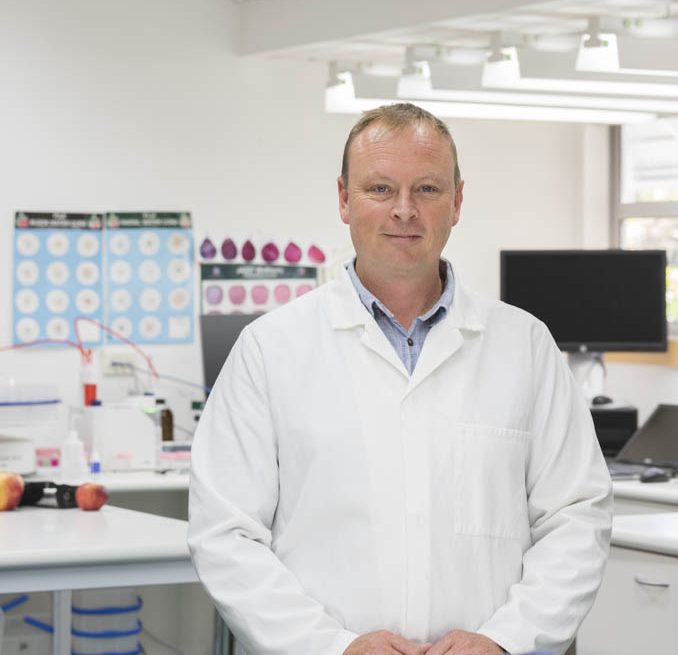
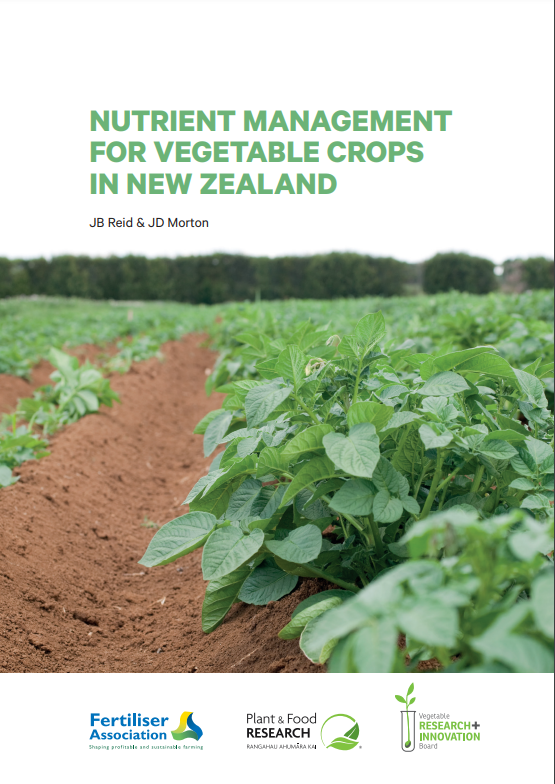
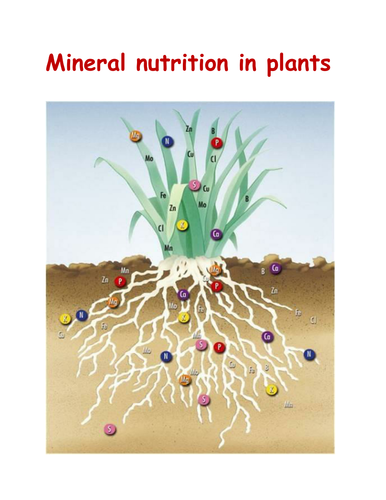

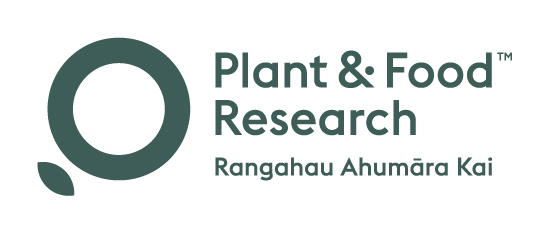
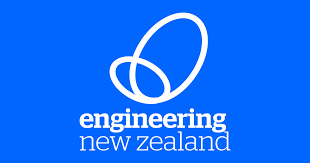

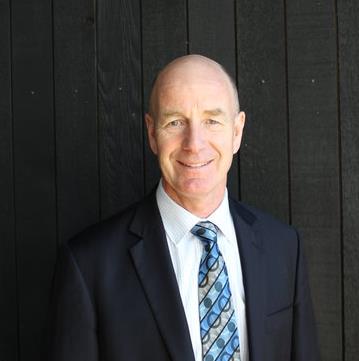


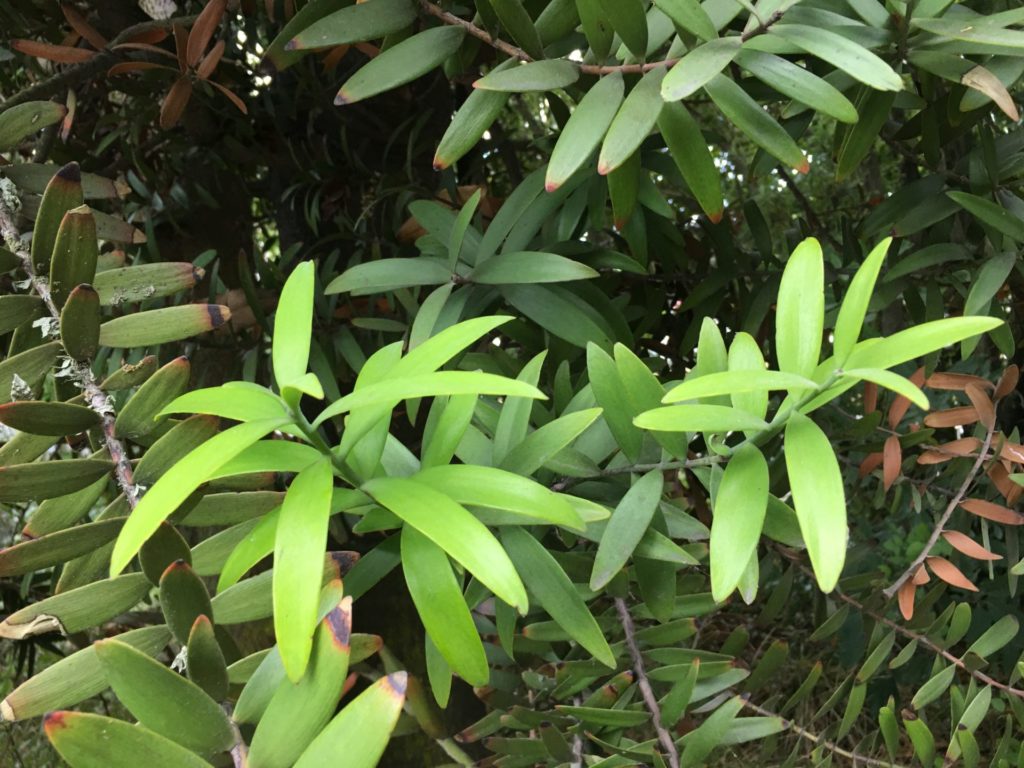
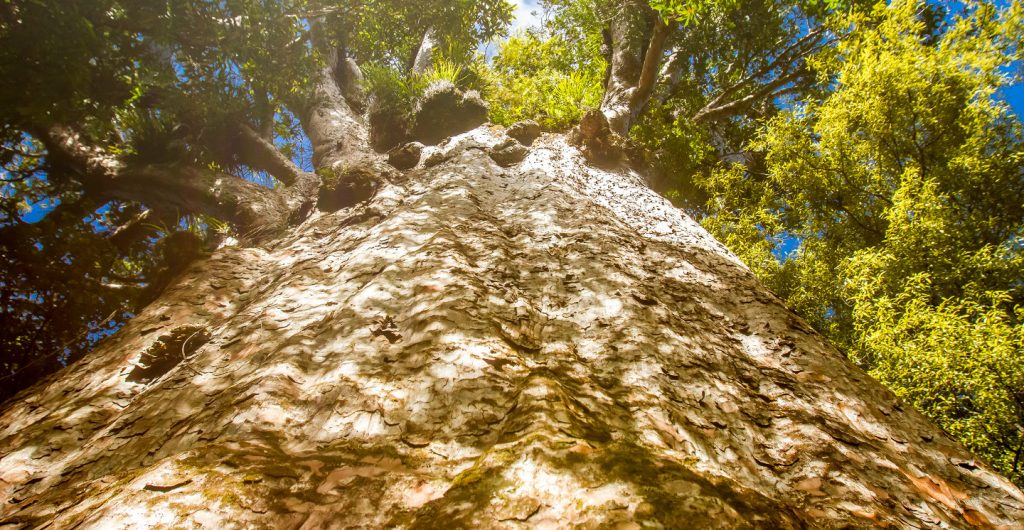
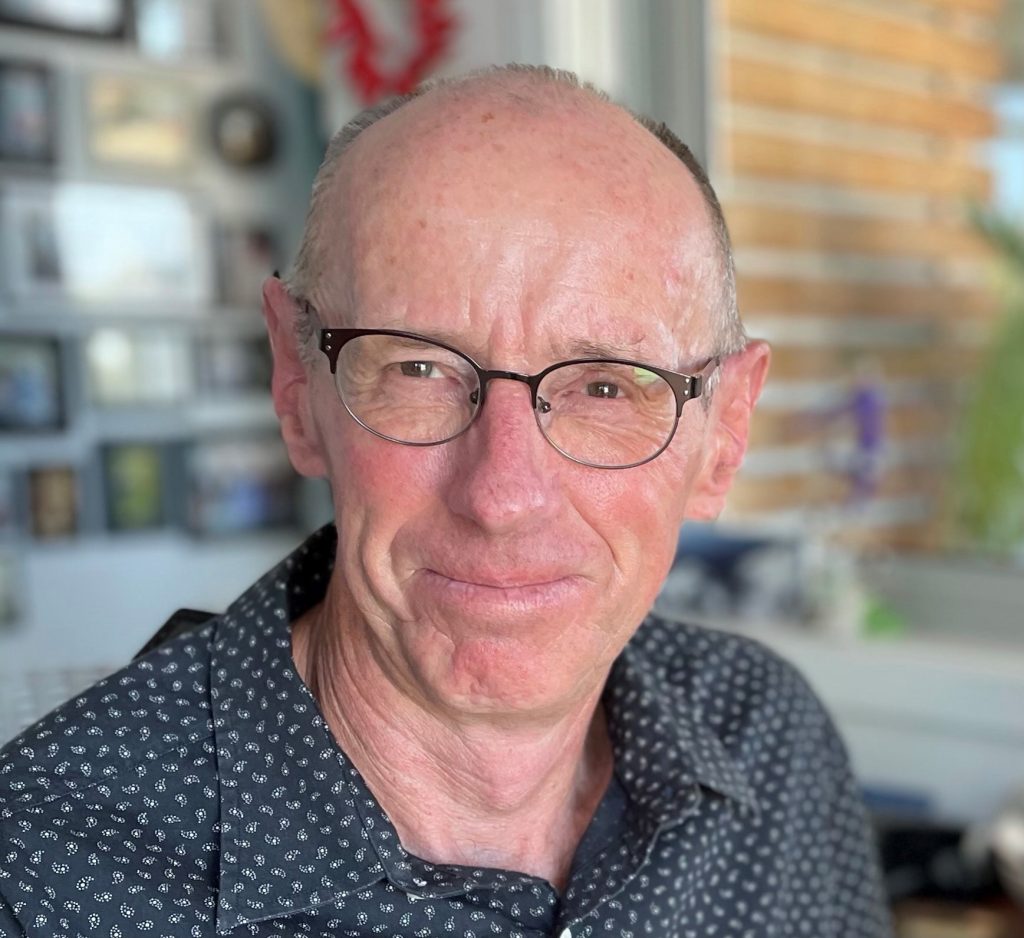
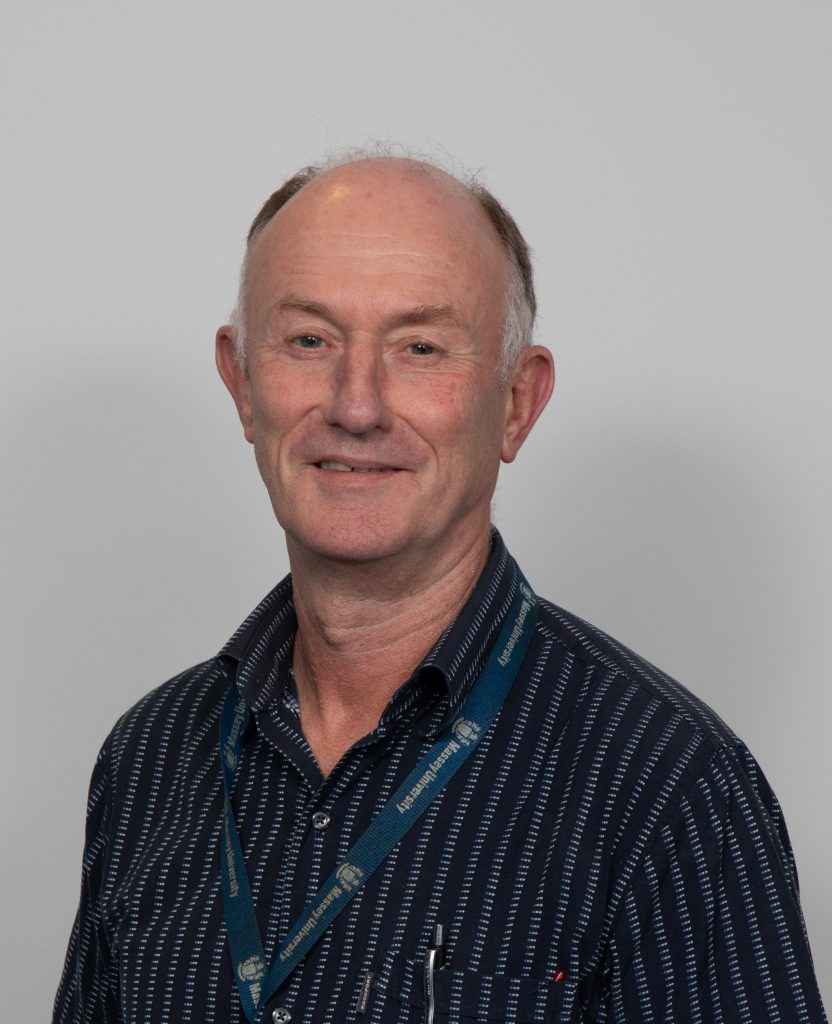
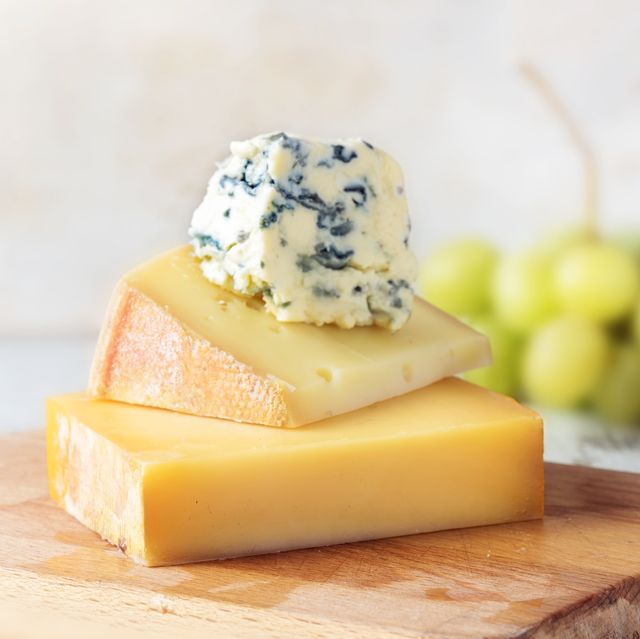
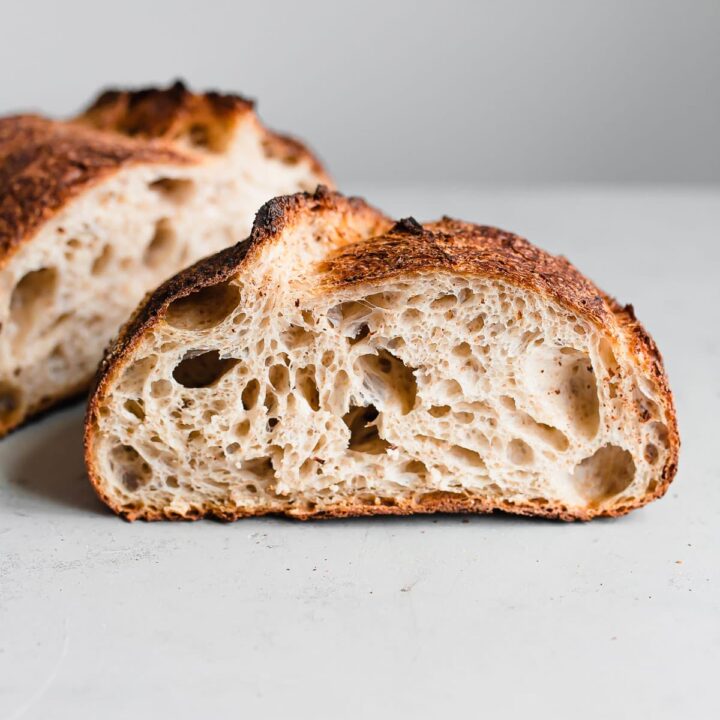



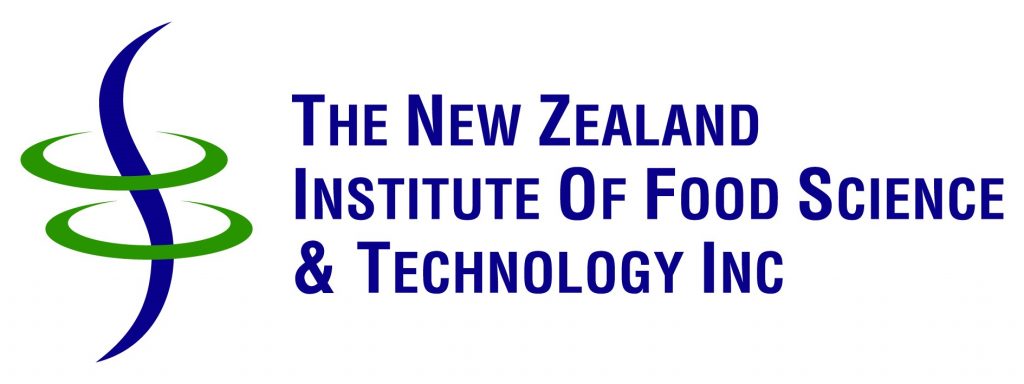

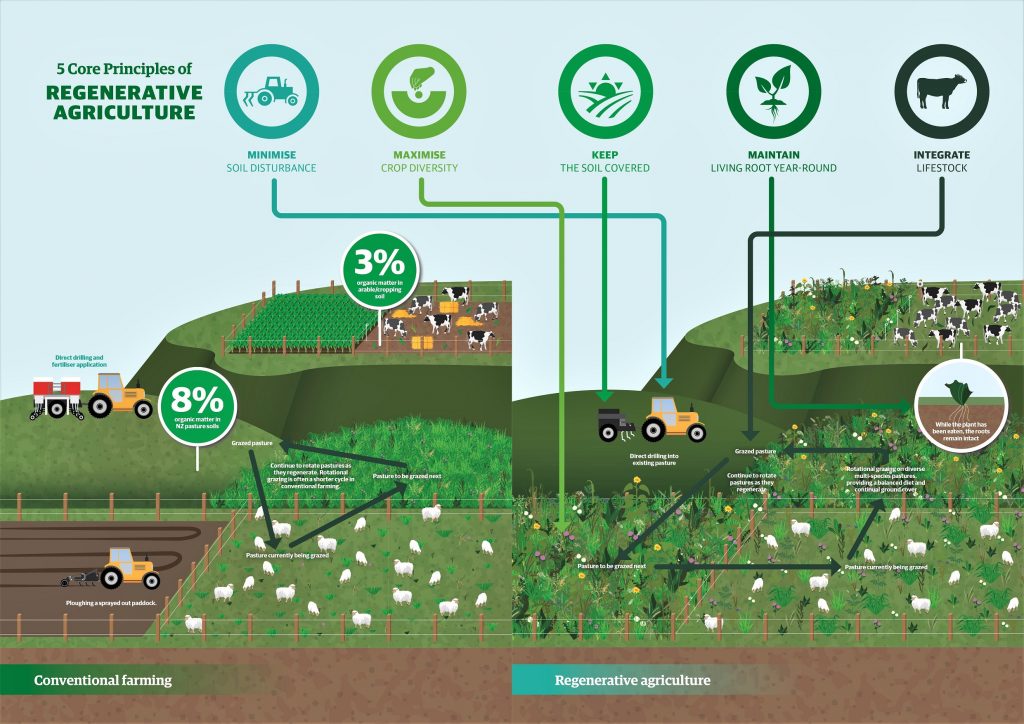
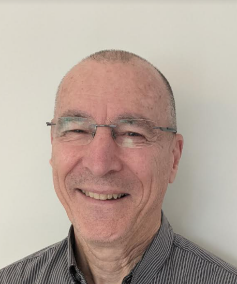
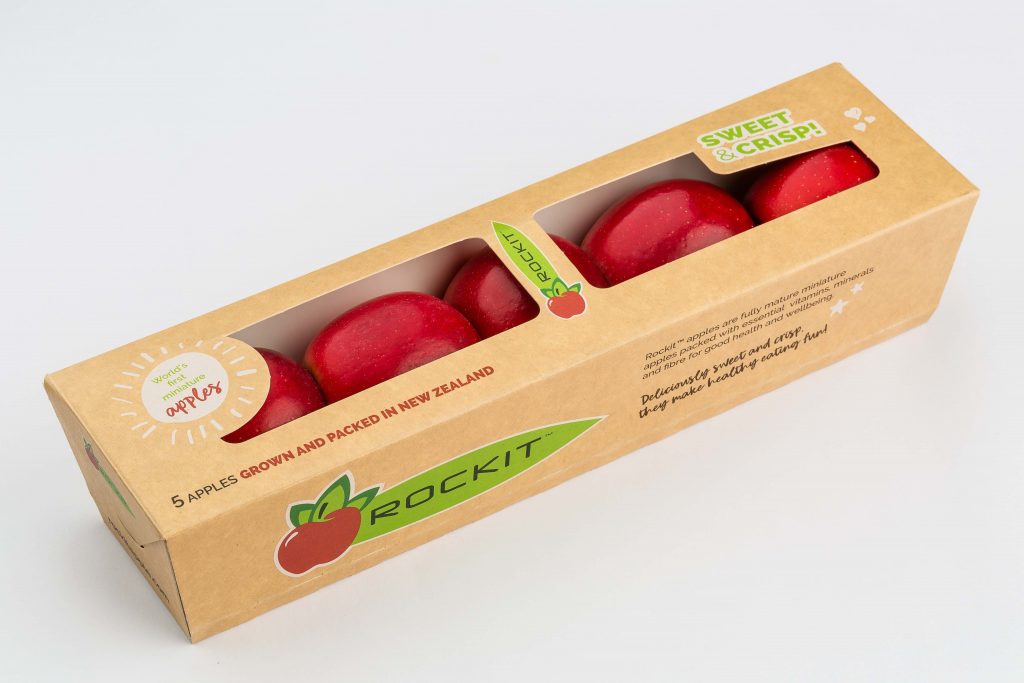
/cloudfront-ap-southeast-2.images.arcpublishing.com/nzme/HFP2K5KUQTTBJ7XURAXSIAKSHY.jpg)